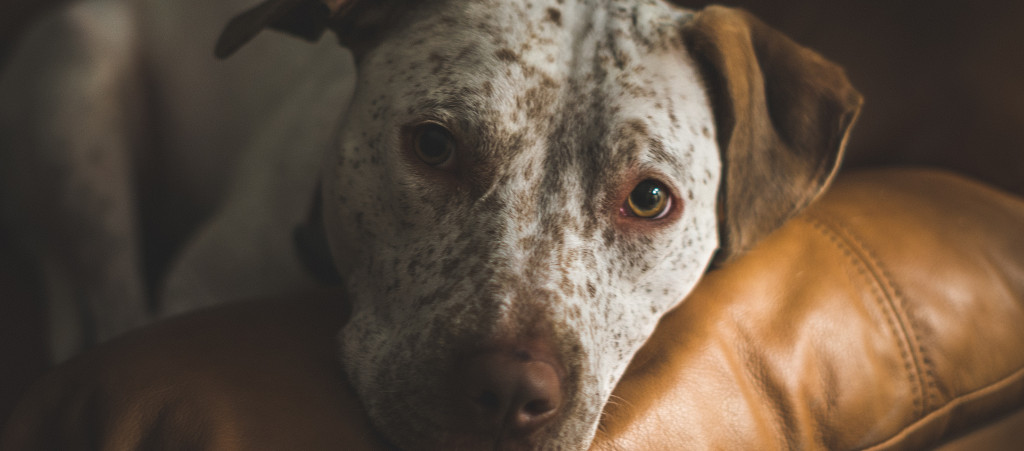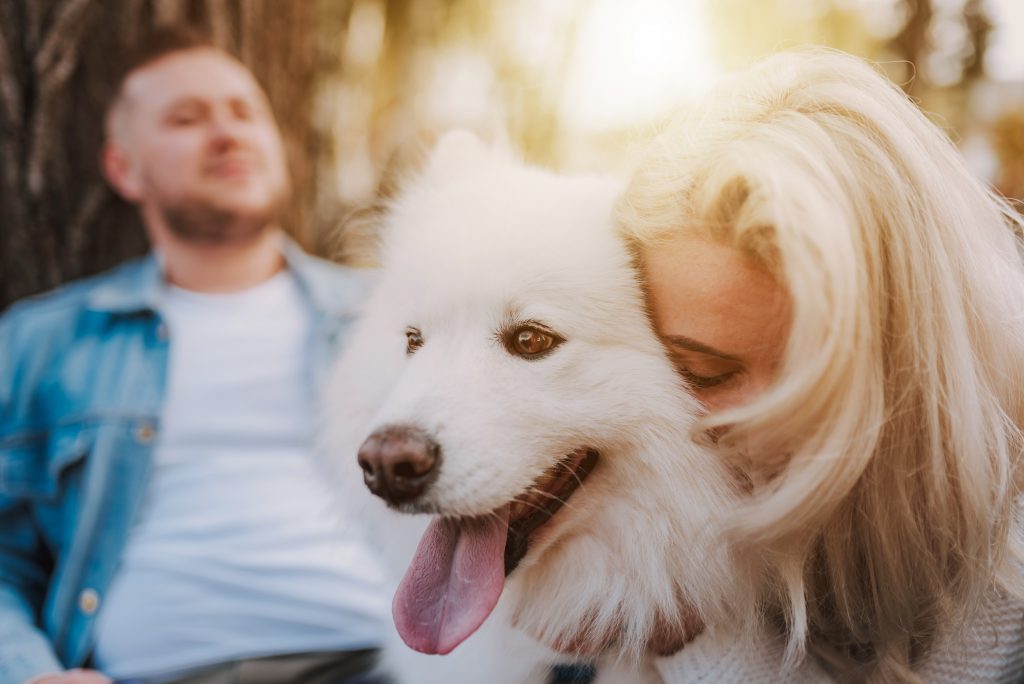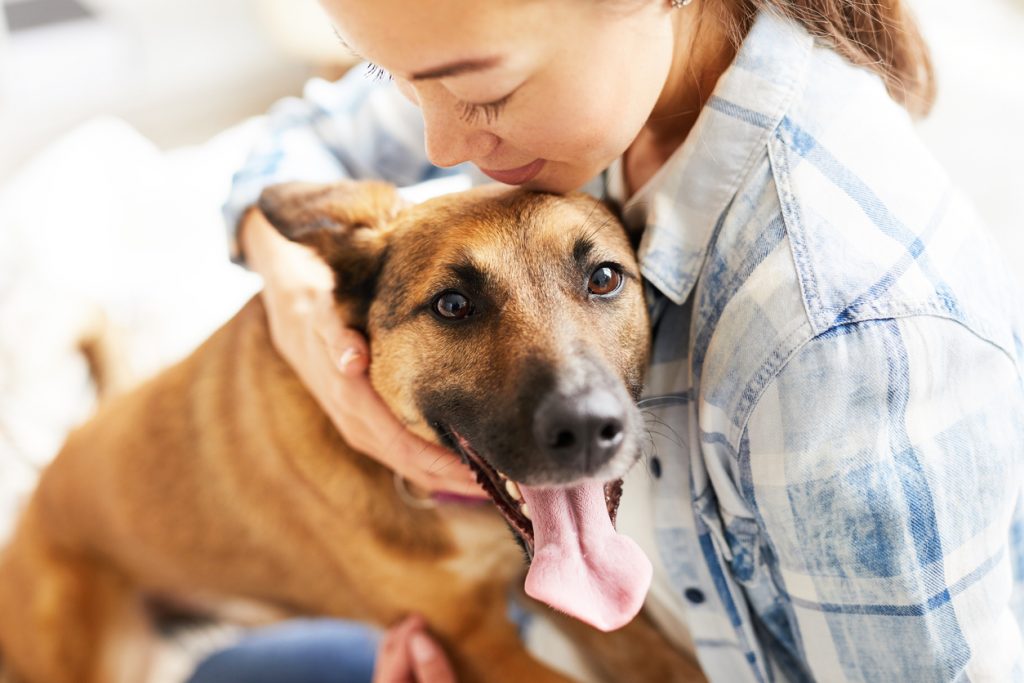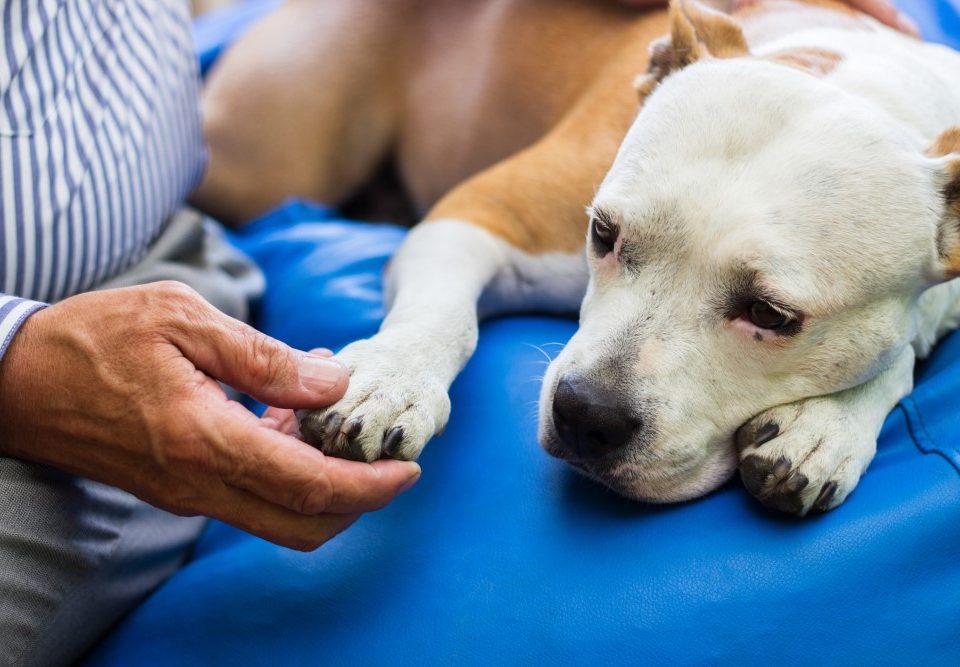
Dog dementia. When dog euthanasia is the right choice?
July 11, 2021
Your Cat Is Breathing Fast? Probable Reasons And Warning Signs
August 5, 2021
Dog Kidney Failure and When To Euthanise is something that you may eventually need to consider. The best way to keep your dog as healthy as possible is to recognise signs of illness – and get ailments treated as soon as you can. Canine kidney failure is a common problem found in older dogs – and can often go unnoticed for a long time before symptoms show. There are many treatments available when your dog has been diagnosed with this condition and once you’ve got all the facts about dog kidney failure – when to euthanise – you’ll know just what to expect.
TABLE OF CONTENT
- What is Kidney Failure in Dogs?
- Dog Breeds Prone to Kidney Failure
- Kidney Failure in Dogs – Symptoms
- Is Kidney Failure in Dogs Painful?
- Reasons for Kidney Failure in Dogs
- How Can Kidney Problems Be Prevented?
- Treatment
- What Happens if Kidney Problems Go Untreated?
- Keep Your Dog Comfortable
- Life Expectancy for Dogs with Kidney Failure – The Prognosis
- Last Days of a Dog with Kidney Failure – Common Signs
- When is the Right Time to Euthanise?
- Gentle At-home Euthanasia
- Dealing with the Loss of Your Dog
1. What is Kidney Failure in Dogs?
Kidney failure in dogs, also known as chronic renal failure, is the inability of the kidneys to efficiently filter the blood of waste products. Most dogs with kidney failure produce large quantities of urine but the toxic wastes aren’t being eliminated. The disease progresses slowly and typically stems from being poisoned or ingesting some kind of toxin – such as antifreeze.
Acute kidney problems can include decreased blood flow or oxygen delivery to the kidneys – as well as infection and urinary obstruction. Long-term kidney disease can cause kidney damage that isn’t reversible. Medications such as antibiotics or chemotherapy drugs, cysts in the kidney, and birth defects can all be factors.
2. Dog Breeds Prone to Kidney Failure
It’s important to note that kidney failure can also be caused by other factors such as age, diet, and underlying health conditions. While any dog can develop kidney failure, certain breeds are more prone to the condition:
- Labrador Retriever
- Cocker Spaniel
- Shar Pei
- Bull Terrier
- German Shepherd
- English Springer Spaniel
- Boxer
- Miniature Schnauzer
- Doberman Pinscher
- Bernese Mountain Dog
- Portuguese Water Dog
- Dalmatian
- Golden Retriever
- Shih Tzu
- Lhasa Apso
- Yorkshire Terrier
Some studies suggest that up to 30% of all Labrador Retrievers will develop kidney disease at some point in their lives. Up to 23% of all Cocker Spaniels were found to have some form of kidney disease. While the reasons for this aren’t entirely clear, it’s thought that genetics and high-protein diets may play a role.
3. Kidney Failure in Dogs – Symptoms
If you notice any of the symptoms below in your dog, it is important to take them to the vet for a proper diagnosis and treatment plan. One of the first symptoms of kidney failure is an increase in thirst alongside excessive urination – as the kidneys are damaged the body uses more fluids. Other noticeable symptoms include:
- Pale, dry gums – dull and dry to touch
- Mouth ulcers – that are raw and painful
- Bloodshot eyes – whites of the eyes are red
- Decreased appetite – loss of interest in food
- Weight loss – with gradual loss of fat and muscle mass
- Excessive shedding – with a dull, lacklustre coat
- Lethargy – with no interest in moving around
- Increased sleeping – with only brief periods of wakefulness
- Vomiting – unable to keep food down
- Breathing difficulties – unable to breathe normally
- Loss of balance – disoriented and clumsy
- Trembling – with periodic seizures that are a major sign of kidney failure
- There are other symptoms that your vet will be able to test for and these include:
- Uraemia – the build-up of waste products in the body
- Anaemia – the lack of iron in the blood
- High blood pressure – elevated due to the illness
- Slow heart rate – a faster rate will turn to slow down during the end stage of kidney failure
4. Is Kidney Failure in Dogs Painful?
Yes, kidney failure in dogs can be painful. Kidney failure in dogs can be painful because the kidneys are responsible for filtering body waste and toxins. When they fail, these toxins build up in the bloodstream and can cause discomfort and pain.
5. Reasons for Kidney Failure in Dogs
Causes of canine kidney failure are wide-ranging and include the following:
- Hereditary and congenital conditions
- Ureteral obstruction
- Heart conditions that reduce blood flow to the kidneys resulting in failure
- Ethylene glycol found in antifreeze needing immediate treatment after ingestion
- Lyme disease carried by ticks can result in chronic kidney failure
- Ageing as chronic kidney failure can be related to the natural ageing process
6. How Can Kidney Problems Be Prevented?
To prevent kidney problems from poisoning ensure your dog does not have access to potentially dangerous substances and that she is supervised at all times when outside. Do not give your dog any over-the-counter medications without instruction from your vet, and ensure that your dog has access to plenty of water at all times. Proper oral hygiene helps to maintain good overall health.
7. Treatment
Nutrition plan: Although chronic kidney failure isn’t curable treating the symptoms can reduce the progress of the disease. And providing the best-balanced diet according to age, weight, and size will help to prevent kidney problems. The vet will initially recommend a change in diet – low sodium and low phosphorus may help in slowing down the progression of kidney failure. Natural supplements such as omega-3 fatty acids from fish oil provide anti-inflammatory values that can reduce kidney inflammation – and Vitamin B and C complexes can help replenish lost vitamins and increase appetites. Give your dog meals that are low in calories and high in fibre and vitamins. Make sure your dog always has access to fresh water. And eats regularly.
What foods should a dog with kidney disease avoid? High protein treats such as deli meat, bread, and cheese.
Medication: There are several medications that can be used to treat kidney failure in dogs, including ACE inhibitors, phosphorus binders, and erythropoietin. However, the specific medication and dosage will depend on the individual dog’s condition and should be determined by the veterinarian. ACE inhibitors will help in reducing stress and improving the quality of life.
Alternative treatments: Natural flower essences and regular acupuncture have proven to help slow the progression of kidney failure – both are safe to use alongside conventional treatments.
8. What Happens if Kidney Problems Go Untreated?
Kidney problems can become life-threatening conditions requiring immediate hospitalization and treatment. If left untreated, end-stage kidney failure can occur, leading to a fatal outcome.
9. Keep Your Dog Comfortable
Your vet will discuss with you how to keep your dog comfortable after diagnosis of end-stage kidney failure. You can:
Make sure your dog’s bed is quiet, warm, and cosy with a blanket and toys
Spend as much time with your dog as possible as this will bring company and calm
Supervise interactions with others to ensure gentle play
Keep your dog clean and dry, washing and brushing regularly
10. Life Expectancy for Dogs with Kidney Failure – The Prognosis
The life expectancy for a dog with kidney failure can vary depending on the severity of the condition and how quickly it was diagnosed and how your dog responds to the initial treatment. With proper management and treatment, some dogs can live for several months to a few years after diagnosis. However, in severe cases, the prognosis may be poor and the dog may only have a few weeks to live. It is important to work closely with your veterinarian to develop a treatment plan and monitor your dog’s condition closely. Proper follow-up care can also extend the length of life. You need to be part of all decisions that are made after diagnosis and regarding treatment. If your dog is in pain constantly, stops eating and drinking, or experiences incontinence due to complete kidney failure, you may need to consider putting your dog to sleep. When your dog stops responding to treatment this is another reason for letting go.
11. Last Days of a Dog with Kidney Failure – Common Signs
Common signs that a dog may be entering their final days include:
- Lethargy: Dogs become very lethargic, sleeping a lot and appearing disconnected.
- Decreased Appetite: their appetite diminishes or is completely absent, and they may show signs of nausea.
- Behavior Changes: they may exhibit confusion, wandering aimlessly, staring at walls, or avoiding human touch.
- Cognitive Dysfunction: Cognitive function can be affected as toxins build up in the bloodstream, similar to dementia in older dogs.
- Decreased activity level, difficulty breathing, or labored breathing
- Additionally, they may suffer from dehydration and secondary infections due to their weakened state.
- Rapid Progression: End-stage kidney failure may develop gradually or happen suddenly. It is crucial to keep your vet informed about any changes in the dog’s behaviour and habits.
If symptoms are severe and ongoing, it may be a compassionate choice to consider gentle at-home euthanasia.
12. When is the Right Time to Euthanise?
After all treatments for kidney failure have been tried – and your dog is getting worse you may need to talk to your vet about Dog euthanasia. There are signs that your dog is really in distress – when the pain is constant when you are unable to soothe, and when eating and drinking stops. If your dog is suffering from incontinence and all the fight has gone you’ll know this is the right time.
If you still have doubts, you should look to the future and assess your dog’s quality of life. When the end is near, your care and attention will make all the difference to your dog. You can take comfort in the knowledge that you were there when your dog needed you most.
13. Gentle At-home Euthanasia
You’ll need the advice and support of trained and qualified vets to get you through these last few days. Cloud 9 Vets will make sure you get all the help you need. With years of experience in helping families and their pets, they understand how anxious, guilty, and incredibly sad you may feel.
You’ll have comfort by the fact that your dog will be in familiar surroundings for the procedure, removing the of you taking your dog to the surgery. You’ll be able to hold your dog’s paw and provide comfort until the very end.
Dog euthanasia involves two injections – the first gentle pinprick will cause your dog to drift off to sleep within 15 minutes. The vet will administer the second injection either intravenously through a vein in the front leg – or by an intravenous catheter into the back leg.
You can ask your Cloud 9 Vet to take care of the cremation on your behalf – or you can make your own arrangements and contact the crematorium yourself. You will have time to decide on the type of service you want for your dog.
14. Dealing with the Loss of Your Dog
If you get in touch with qualified bereavement counsellors after your dog has gone, you may find that this helps. Grief affects everyone differently and you might need extra support to get your life back on track. Grieving the loss of a beloved pet is an important part of your recovery and even little things can trigger an emotional response. There isn’t an exact formula but you should prepare yourself to experience denial, anger, guilt, depression, and finally acceptance.
Creating a memorial for your dog can also be therapeutic. Discuss the options with your family and friends to see which works best for you. It’s important to do something that helps you remember your dog and process your grief.






